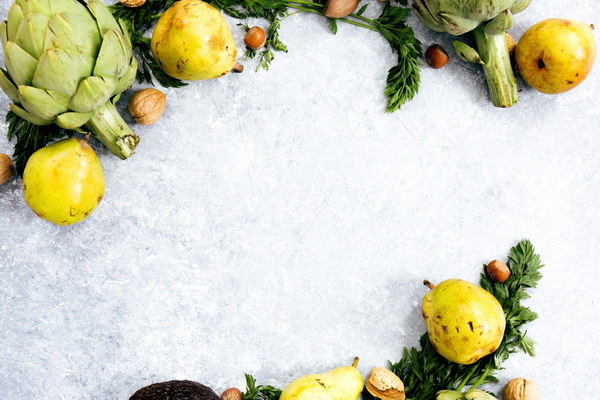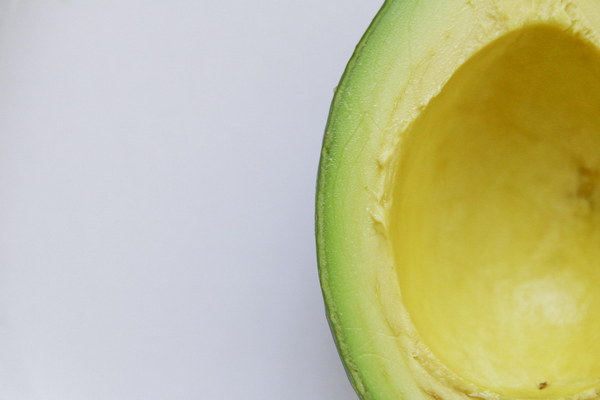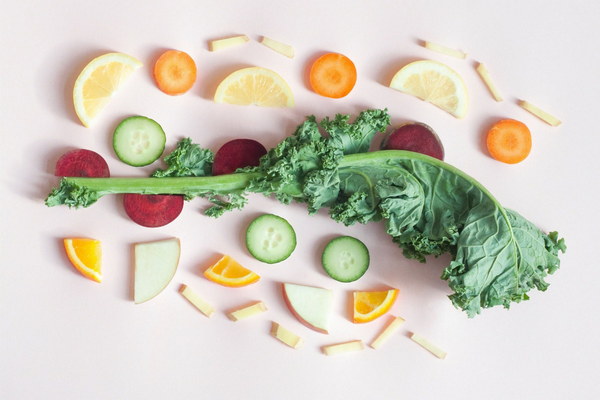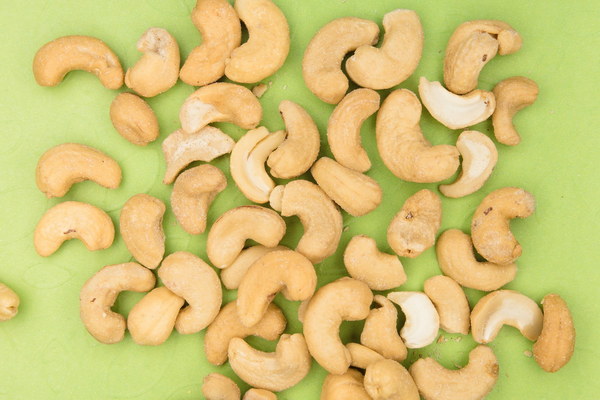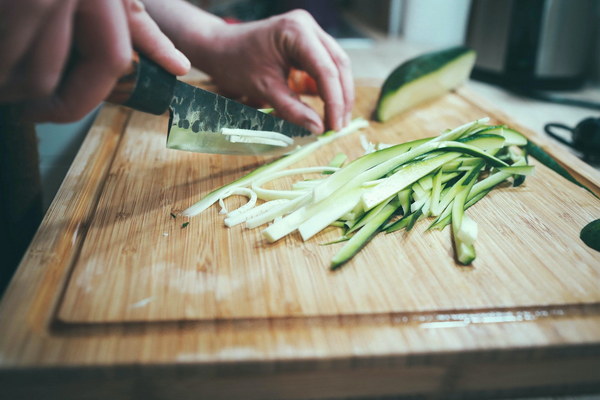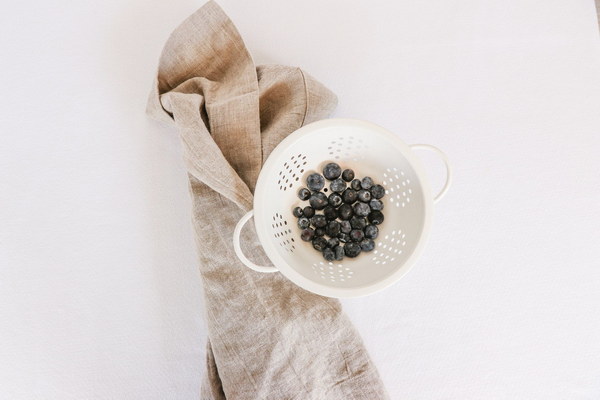Nourish Your Spleen and Stomach A Journey to Health and Vitality
In the realm of traditional Chinese medicine, the concept of spleen and stomach holds great significance. This holistic approach emphasizes the importance of nurturing and balancing these two vital organs, which are responsible for digestion, absorption, and the transformation of nutrients into energy. The term spleen and stomach can be phonetically translated as Xiang Pi Yang Pi, which serves as the inspiration for this article.

To begin our journey towards health and vitality, it is crucial to understand the functions of the spleen and stomach in the body. The spleen, often referred to as the guardian of the middle, is responsible for transforming food into Qi (vital energy) and blood. Meanwhile, the stomach serves as the sea of grain, where the digestion process takes place. When these organs work harmoniously, the body experiences optimal health and well-being.
However, in the fast-paced modern world, many individuals face challenges that disrupt the balance of the spleen and stomach. Poor dietary habits, stress, and an imbalance in lifestyle can lead to issues such as indigestion, bloating, fatigue, and weight gain. To combat these problems, it is essential to adopt a comprehensive approach that encompasses diet, exercise, and stress management.
1. Diet: A well-balanced diet is the cornerstone of nurturing the spleen and stomach. Incorporate the following foods into your meals:
- Lean proteins: Chicken, turkey, tofu, and fish are excellent sources of protein that support spleen function.
- Sweet potatoes and yams: These starchy vegetables are easy to digest and provide energy.
- Quinoa: This gluten-free grain is rich in fiber and aids in digestion.
- Green leafy vegetables: Spinach, kale, and bok choy are packed with nutrients that support the spleen and stomach.
- Fermented foods: Sauerkraut, kimchi, and yogurt are excellent probiotics that promote gut health.
2. Exercise: Regular physical activity helps improve blood circulation and strengthens the spleen and stomach. Here are some activities to consider:
- Tai Chi: This gentle form of martial arts focuses on breathing and relaxation, which can help alleviate stress and support digestive health.
- Yoga: Yoga poses, such as the Cat-Cow Stretch and the Child's Pose, can stimulate the abdominal organs and improve digestion.
- Walking: A daily walk can boost circulation and reduce stress levels, leading to better spleen and stomach function.
3. Stress management: Chronic stress can significantly impact the spleen and stomach. To combat this, try the following techniques:
- Mindfulness meditation: This practice helps you stay present and reduces the negative effects of stress on your body.
- Breathing exercises: Deep breathing techniques can calm the mind and improve digestion.
- Time management: Prioritize tasks and avoid overcommitting to reduce stress levels.
By following these guidelines, you can begin to nourish your spleen and stomach, leading to improved health and vitality. Remember that the journey to optimal wellness is a continuous process, and it is essential to remain patient and committed.
In conclusion, the concept of Xiang Pi Yang Pi (nourishing the spleen and stomach) serves as a reminder of the importance of balancing these two vital organs. By focusing on diet, exercise, and stress management, you can embark on a path towards health and vitality. Embrace the wisdom of traditional Chinese medicine and enjoy a happier, healthier life.



